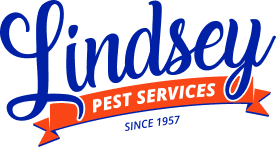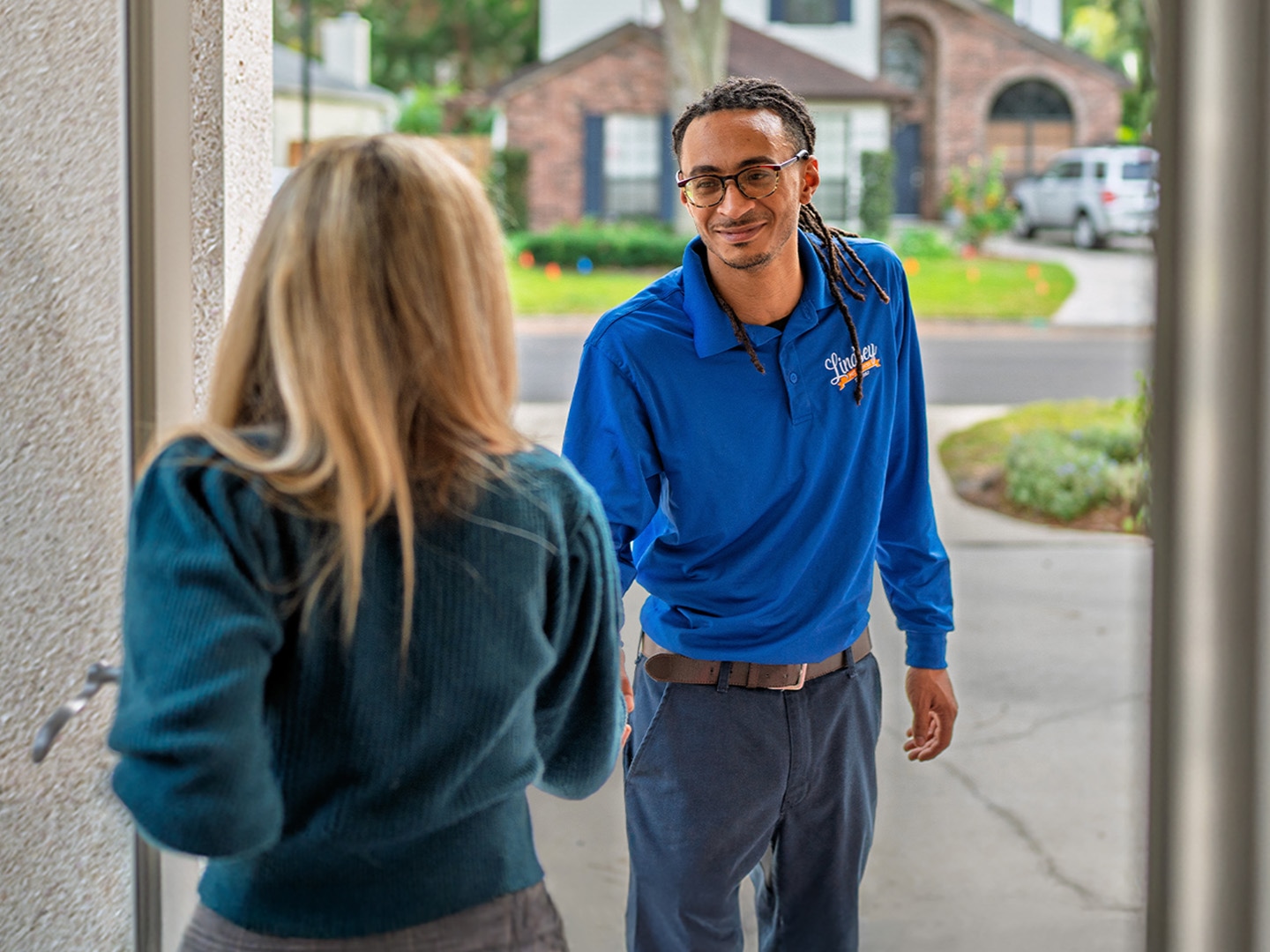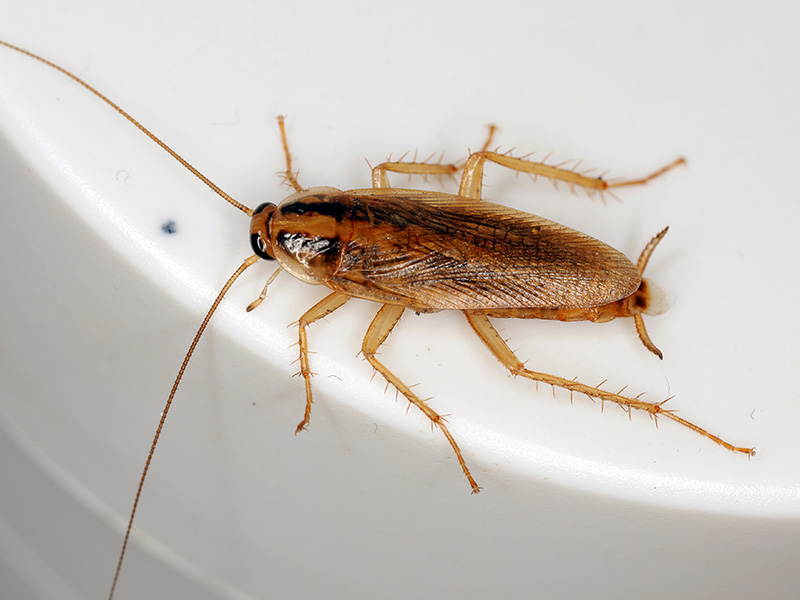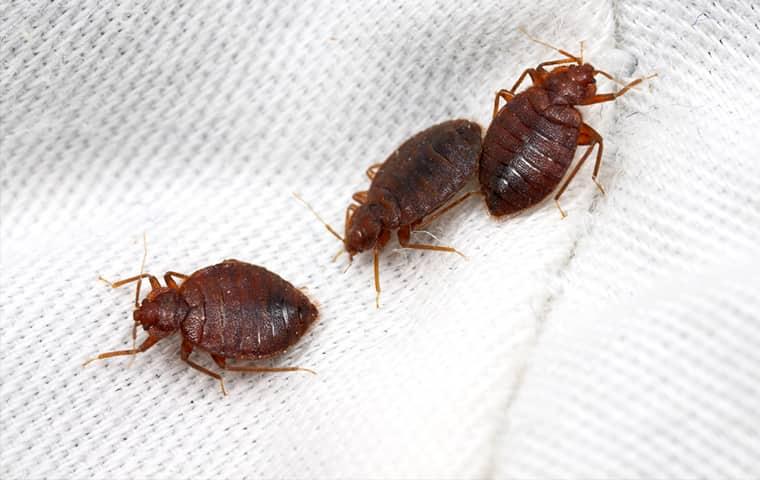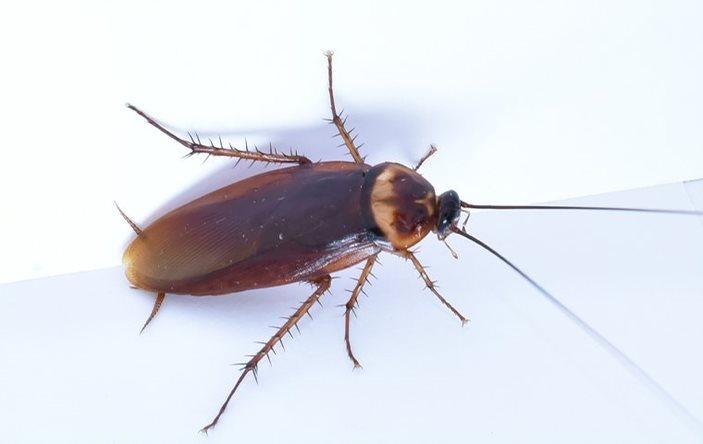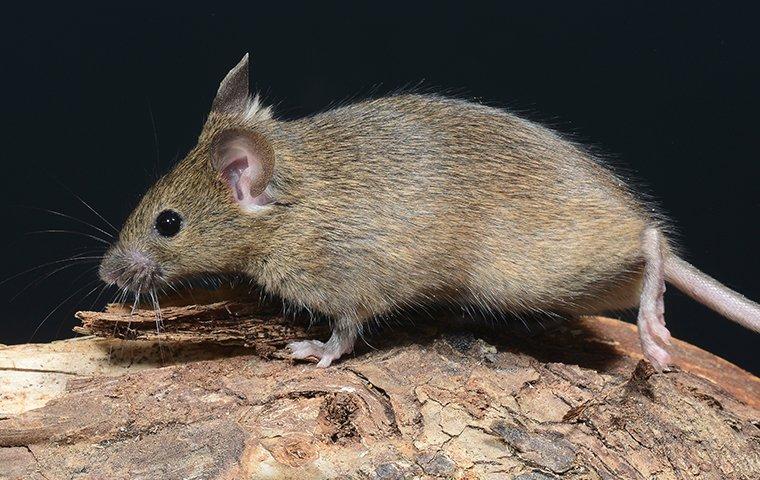When to Expect Stinging Insects Around Your Jacksonville Home
Stinging insects, like all insects, are impacted by the temperatures outside. When it gets too cold, insects grow dormant. If it gets really cold, stinging insects can die. While temperatures in Jacksonville winters don't usually get cold enough to kill wasps, hornets, and bees, it does happen every once in a while. This is good news because we'd get overrun if it didn't. But every year, without fail, we get a short reprieve from stinging pests. Low 50-degree weather is enough to make most stinging insects grow dormant in December, January, and March. But you can expect those painful pests to start coming out of hiding in April. When they do, they might try to establish themselves in your yard. Here are a few things you should know.
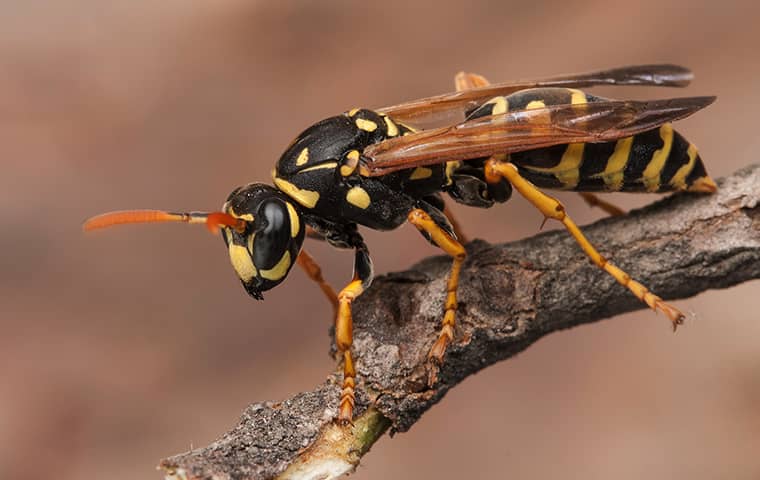
Stinging Insects Are Not Created Equal
When stinging insects appear in your yard this spring, some will be worse than others. Social insects have a more significant potential for causing you harm because they are wired with a nest-protection instinct. When you get near their nest, they're going to let you know you've crossed the line, even though it is your property they've created their nest on.
If a honey bee, even an Africanized honey bee, stings you in your yard, it will only be able to sting you once. Honey bees have a barb on the end of their stingers. This barb gets lodged in your skin and is torn free of the abdomen, resulting in death for the bee. Wasps, hornets, and bumblebees don't have this issue. These insects don't have a barb and can sting multiple times. This makes a few wasps more dangerous than a few dozen bees.
Some stinging insects, yellow jackets as an example, will establish themselves in ground holes created by animals. This can make them a serious problem when they come into your yard. Not only are ground nests hard to detect, but the vibrations from a lawn mower can also set yellow jackets off and cause them to attack.
All stinging insects enjoy sweets, especially the nectar from flowers. But, wasps and hornets drawn to eat meats can become more of a problem in your yard. They can be attracted to exterior trash receptacles and be inspired to establish a nest nearby if outdoor trash is accessible. They are also prone to invading backyard cookouts. This can lead to trouble.
All Pest Control Companies Are Not Created Equal
If you're dealing with stinging insects in your yard or want to prevent them from becoming a problem for you, the best solution is to call a professional. But not all professionals are the same. We encourage you to find a pest control company like Lindsey Pest Services. One that is licensed, insured, and dedicated to the highest level of pest control service. That last one might seem difficult to figure out, but it isn't. The National Pest Management Association (NPMA) makes it easy. The NPMA, which is one of the most respected pest control organizations globally, awards companies that pass rigorous testing with the QualityPro seal of excellence.
This seal is a quick way to find out if a pest company meets and exceeds key areas of business operation, environmental stewardship, and pest control. The team at Lindsey Pest Services is proud to be in the 3% of pest control companies in the United States that are QualityPro Certified. Before stinging insects become a problem in the spring, get your pest control plan in place.
What Is Needed To Control Stinging Insects?
At Lindsey Pest Services, we have a one-time service or year-round service for bees, wasps, and hornets. One-time service includes a detailed inspection, a quote for nest removal, and the implementation of the treatment plan agreed upon. In cases of honey bee infestation, we offer special services for hive relocation and preservation if requested. Routine inspections for nests will be part of your pest control service if you go with year-round service. That means stinging insects won't sneak up on you. You'll know when they take root in your yard.
For immediate assistance, reach out to us. The team at Lindsey Pest Services is standing by to help.
